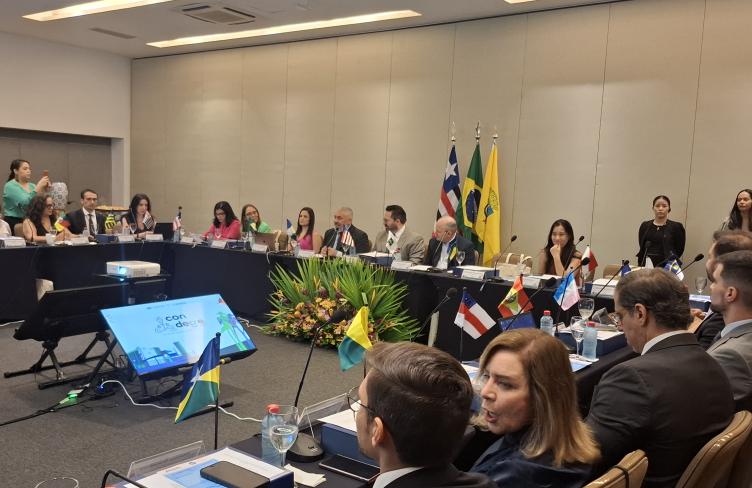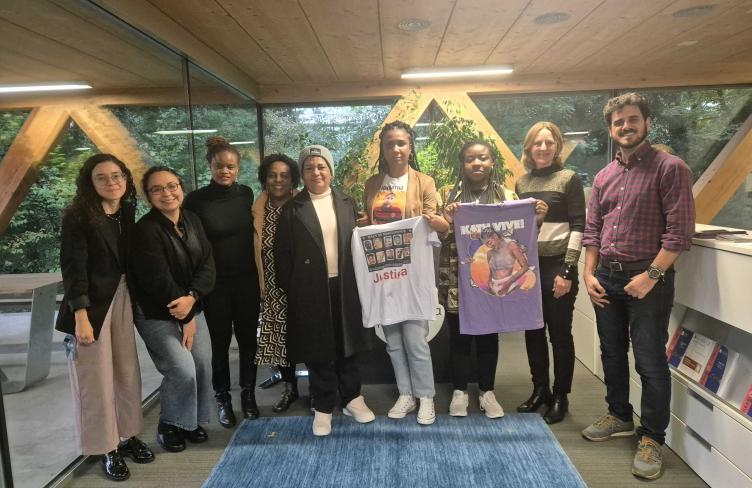
The International Independent Mechanism to Advance Racial Justice and Equality in Law Enforcement (EMLER) recently presented three reports, one on justice, accountability and redress, and two reports on country visits to Italy and Brazil.
The mechanism highlighted several issues, including the mass imprisonment of black populations, motivated by the “…war on drugs, and presenting strong connections with the colonial historic”.
The Office of the United Nations High Commissioner for Human Rights (OHCHR) also presented its own report, addressing intersectionality and the excessive use of force and other human rights violations by law enforcement officers.
The report on Brazil also came with several recommendations, including the adoption of a human rights based approach to policing, creating well-resourced specialised mechanisms of accountability, setting a national legal framework on the use of force and firearms by officials that complies with international law, the elimination of the war on drugs mindset, and the adoption of a national strategy to reduce over-incarceration and overrepresentation of African descendent people in prions.
Their report on intersectionality, or the overlap of social identities creating different forms of discrimination, proposed the adoption of a holistic approach to police violence that addresses the systemic and historic roots of racial discrimination in the context of law enforcement. The report highlights intersectionality as the main tool against systemic racism, addressing elements such as gender, age, sexual orientation, disabilities, migration, occupation, faith, socio-economic status and climate change.
The OHCHR proposed the implementation of the intersectionality approach through all components of legislative and policy frameworks, to recognise and reverse cultures of systemic racism.
The documents were presented during an Human Rights Council interactive dialogue following EMLER’s recent mandate’s extension for another two years.
The APT contributed strongly to both bodies’ publications through specific submissions. In a video statement during the event, APT underlined the link between torture and racial discrimination, pointing out that the UN Convention against Torture mentions discrimination as one of the possible motivations for torture.
Recognising the gravity of systemic racism in the commitment of torture or ill-treatment, as one of its main root causes, the APT proposed several recommendations, including the implementation of the Méndez Principles on Effective Interviewing to avoid violations in questionings by officials, the establishment of independent investigative mechanisms, as well as the inclusion of racial discrimination as an aggravating factor in criminal offences.
The APT also underlined the need for prompt and in-person access to a judge in case of arrest through custody hearings, as well as the adoption of a transitional justice (TJ) agenda. This last point, proposed by EMLER in 2023, brings the idea of applying TJ tools for the general handling of torture cases motivated by racism, aimed at truth-telling, reparations, guarantees of non-repetition, among others. The idea is to clearly address the heightened risk of suffering torture or ill-treatment that relies upon vulnerable groups.
Read more on our work with the EMLER.


